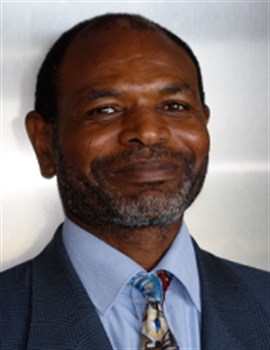MBA students encouraged to view Africa from a new perspective

“Ultimately, it is Africans’ own perceptions of Africa that dictate what can be achieved on the continent. The continent should revise its view of itself, and Africans need to consider themselves as equal to the rest the world. Once this mindshift has been achieved, the continent will be in a position to negotiate on equal terms with China and the rest of the world, as Africa is an equal contender with other continents.”
He identified a lack of insight into the multitude of cultures in Africa as one of the many challenges experienced when conducting business in Africa. The majority of the panel agreed that a true understanding of Africa required one to experience the continent by visiting it and not merely relying on external sources of information.
“Basic things we take for granted in South Africa and the rest of the world, actually present potential investment opportunities which could be explored.”
Ivan Thuynsma, panel member and Vesta sales director for South and West Africa was of the opinion that another challenge and Africa’s Achilles’ heel, is the absence of a long-term infrastructure plan… that is to the benefit of the continent. “However, Africa is unique when compared to the rest of the world. It should not be intimidated by, nor measured against, Western standards. Africa offers a vast number of opportunities for those prepared to venture into business.”
The panel acknowledged and concluded that good leadership and selecting people with similar values are crucial success factors in exploiting business opportunities in Africa. This will offset the challenges of corruption, which is a worldwide phenomenon and not only an African challenge as incorrectly perceived by many. Ultimately, our perception of Africa dictates what can be achieved on the continent.
The panel discussion forms part of a new module, Perspectives on African Frontiers, as part of USB’s MBA programme. The aim is to equip students with a keen appreciation of the challenges and opportunities of doing business in Africa by developing an intimate understanding of the contextual environment within which businesses operate on the continent.






















